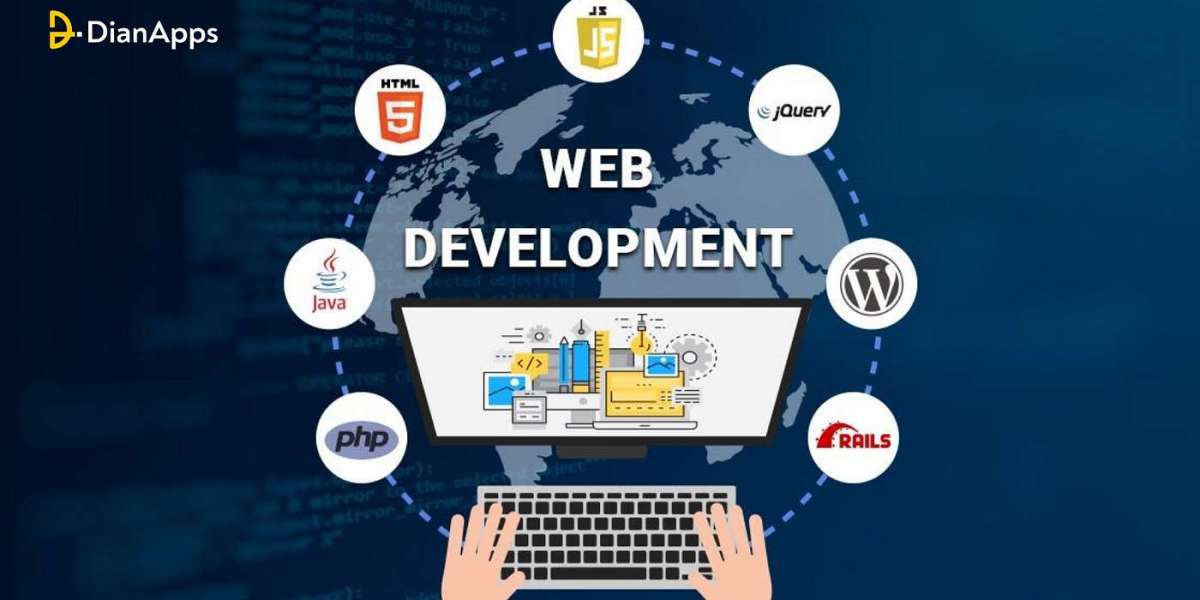The digital marketing landscape is experiencing a seismic shift as artificial intelligence fundamentally reshapes how we approach search engine optimisation. From emerging markets to established digital ecosystems, businesses worldwide are grappling with the implications of AI-driven search algorithms. This transformation is particularly evident in developing markets, where SEO consultants in Sri Lanka and similar regions are witnessing firsthand how AI tools are democratising access to sophisticated optimisation strategies while simultaneously raising the bar for competitive digital marketing.
The convergence of artificial intelligence and search engine optimisation represents more than just a technological upgrade—it is a complete reimagining of how content is created, optimised, and discovered online. As search engines become increasingly sophisticated in understanding user intent and content quality, the traditional playbook of keyword stuffing and mechanical link building is becoming obsolete, replaced by nuanced strategies that require both human creativity and machine intelligence.
The AI Revolution in Search Algorithms
Search engines have evolved from simple keyword-matching systems to complex AI-powered entities capable of understanding context, intent, and semantic relationships between concepts. Google's RankBrain, BERT, and more recently, the integration of large language models into search results, demonstrate how AI is fundamentally changing the way search engines interpret and rank content.
This evolution has profound implications for content creators and marketers. Search engines now prioritise content that demonstrates expertise, authoritativeness, and trustworthiness—criteria that AI systems can evaluate through sophisticated natural language processing techniques. The algorithms can now understand synonyms, context, and even the emotional tone of content, making it essential for SEO professionals to focus on creating genuinely valuable, comprehensive content rather than simply optimising for specific keywords.
The shift toward AI-driven search has also introduced new ranking factors that were previously impossible to measure at scale. Search engines can now evaluate content freshness, user engagement patterns, and even the logical flow of arguments within articles. This means that successful SEO strategies must now consider not just what content is published, but how it is structured, how it answers user questions, and how it contributes to the broader information ecosystem.
Opportunities Unlocked by AI in SEO
The integration of AI into SEO practices has opened unprecedented opportunities for businesses to optimise their online presence more effectively and efficiently. One of the most significant advantages is the ability to conduct large-scale content analysis and optimisation that would have been impossible through manual processes alone.
AI-powered tools can now analyse vast amounts of search data to identify content gaps, predict trending topics, and suggest optimisation strategies based on real-time performance metrics. This capability enables businesses to stay ahead of search trends and create content that aligns with emerging user interests before competitors recognise these opportunities.
Content creation has been revolutionised through AI assistance, allowing marketers to generate initial drafts, optimise existing content, and even create variations for A/B testing at unprecedented scale. However, the most successful implementations combine AI efficiency with human creativity and expertise, ensuring that automated content maintains authenticity and provides genuine value to users.
The personalisation capabilities of AI have also transformed how SEO strategies are developed and implemented. Advanced analytics can now segment audiences based on search behaviour, content preferences, and engagement patterns, enabling highly targeted optimisation strategies that speak directly to specific user groups. This level of personalisation was previously available only to the largest corporations with extensive resources, but AI tools have democratised access to these sophisticated techniques.
Transforming Traditional SEO Practices
The traditional approach to keyword research has been completely transformed by AI capabilities. Instead of relying on basic keyword volume and competition metrics, AI tools can now analyse semantic relationships, user intent patterns, and content performance across multiple variables simultaneously. This enables more sophisticated keyword strategies that focus on topic clusters and user journey optimisation rather than individual keyword targeting.
Technical SEO has also benefited significantly from AI integration. Automated crawling and analysis tools can now identify technical issues, suggest improvements, and even predict how changes might impact search performance. This predictive capability allows SEO professionals to make more informed decisions about website modifications and optimisation priorities.
Link building, once a largely manual process focused on quantity over quality, has evolved into a sophisticated strategy enabled by AI analysis of link networks, authority patterns, and relationship mapping. AI tools can identify high-value link opportunities, analyse competitor link profiles, and even predict the potential impact of different link-building strategies on search rankings.
Local SEO has particularly benefited from AI advancements, with improved understanding of geographic relevance, local search intent, and business categorisation. This is especially relevant for businesses offering SEO services in Sri Lanka and other specific geographic markets, where local relevance and cultural context play crucial roles in search success.
Challenges and Considerations
Despite the numerous opportunities AI presents for SEO, the transformation also brings significant challenges that businesses must navigate carefully. One of the primary concerns is the increasing complexity of SEO strategies, which now require understanding of both traditional optimisation principles and AI-driven tools and techniques.
The rapid pace of AI development means that SEO strategies must be continuously adapted and updated. What works today may become obsolete within months as search engines update their algorithms or introduce new AI capabilities. This creates a constant need for learning and adaptation that can be overwhelming for businesses without dedicated SEO expertise.
Quality control presents another significant challenge in AI-assisted SEO. While AI tools can generate content and optimisation suggestions at scale, ensuring that this output maintains high quality standards, accuracy, and brand consistency requires careful human oversight. The temptation to rely too heavily on AI-generated content without proper review can lead to generic, low-value content that fails to achieve SEO objectives.
The democratisation of AI tools has also intensified competition across all markets. As AI makes sophisticated SEO techniques more accessible, the baseline for competitive performance continues to rise. This means that businesses must not only adopt AI tools but use them more strategically and creatively than their competitors to maintain search visibility.
The Evolving Landscape for E-commerce
E-commerce businesses face unique challenges and opportunities in the AI-driven SEO landscape. The complexity of optimising product catalogues, managing inventory-based content, and competing in commercial search queries requires specialised approaches that traditional SEO strategies often fail to address adequately.
AI has revolutionised ecommerce SEO services by enabling dynamic optimisation of product descriptions, automated generation of category content, and sophisticated analysis of user search behaviour patterns. Machine learning algorithms can now predict which product attributes are most likely to influence purchase decisions and optimise content accordingly.
The integration of AI in e-commerce SEO also enables more sophisticated understanding of the customer journey, from initial product discovery through purchase completion. This comprehensive view allows for optimisation strategies that consider not just search rankings but also conversion rates, user experience, and long-term customer value.
However, e-commerce businesses must also navigate the challenges of maintaining content uniqueness across large product catalogues, optimising for voice search queries that often have commercial intent, and managing the technical complexity of AI-powered recommendation systems that impact both user experience and search performance.
Regional Perspectives and Global Implications
The impact of AI on SEO varies significantly across different markets and regions, with local factors influencing both opportunities and challenges. In developing digital markets, AI tools have levelled the playing field by providing access to sophisticated optimisation techniques that were previously available only to well-resourced organisations.
The growth of SEO in Sri Lanka exemplifies how AI democratisation is transforming digital marketing in emerging economies. Local businesses can now compete more effectively with international companies by leveraging AI tools for content optimisation, technical analysis, and competitive intelligence. However, this also means that the competitive landscape is becoming more crowded and sophisticated.
Cultural and linguistic considerations become more important as AI tools must be adapted to local markets, search behaviours, and content preferences. The most successful AI-driven SEO strategies recognise these regional differences and adapt their approaches accordingly, rather than applying one-size-fits-all solutions across diverse markets.
Future Implications and Strategic Considerations
The future of AI in SEO points toward even greater integration between artificial intelligence and search optimisation strategies. Emerging technologies like GPT models, advanced natural language processing, and predictive analytics will continue to reshape how businesses approach search marketing.
Success in this evolving landscape requires a balanced approach that leverages AI capabilities while maintaining focus on fundamental SEO principles like creating valuable content, building authority, and optimising user experience. The businesses that will thrive are those that view AI as a powerful tool to enhance human creativity and strategic thinking, rather than a replacement for SEO expertise.
The transformation of SEO through AI represents both an unprecedented opportunity and a significant challenge for businesses across all industries and markets. By understanding both the capabilities and limitations of AI-driven optimisation strategies, businesses can develop more effective, sustainable approaches to search marketing that deliver genuine value to users while achieving their competitive objectives. The key lies not in choosing between human expertise and artificial intelligence, but in finding the optimal combination that maximises the strengths of both approaches.








